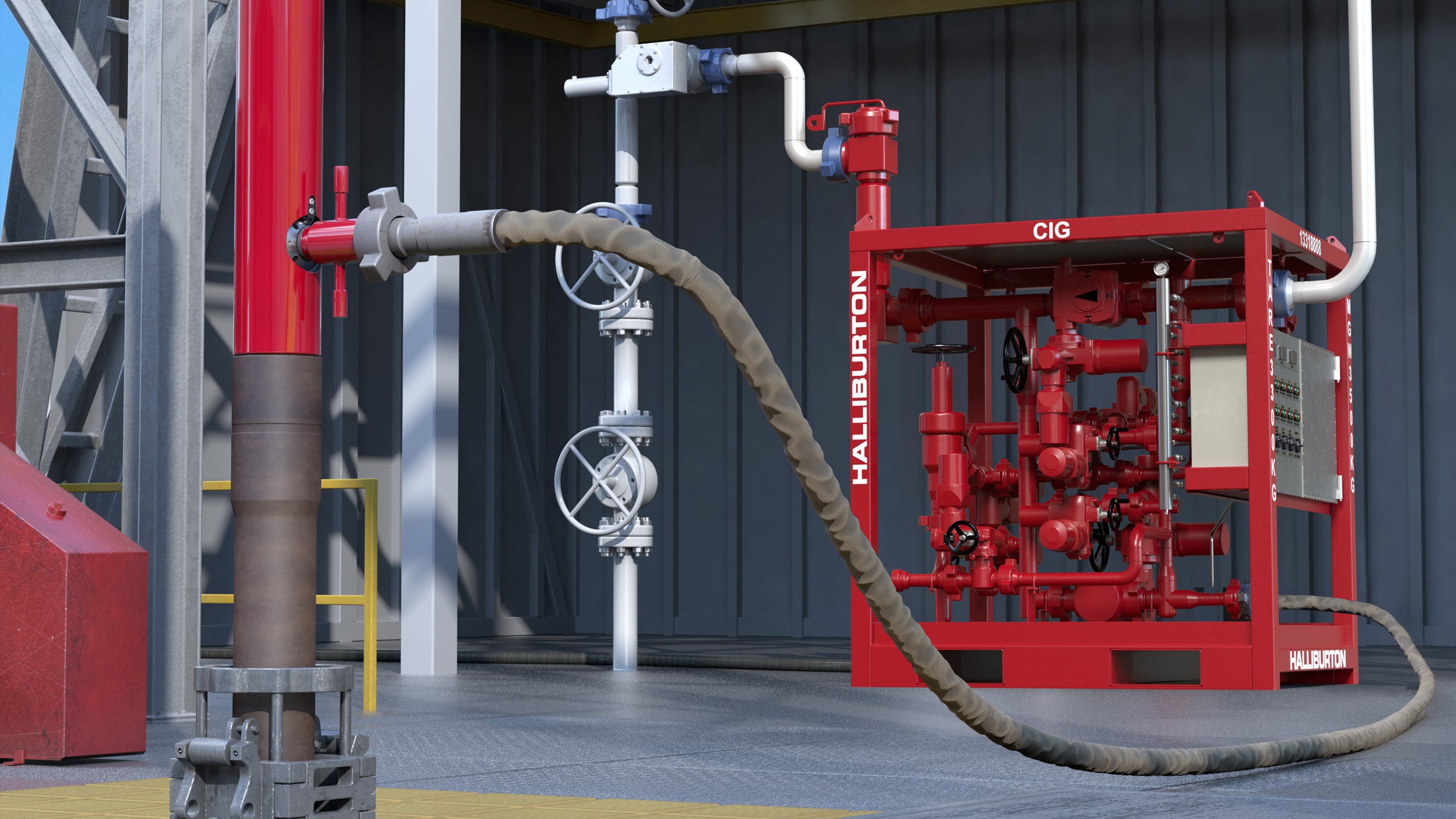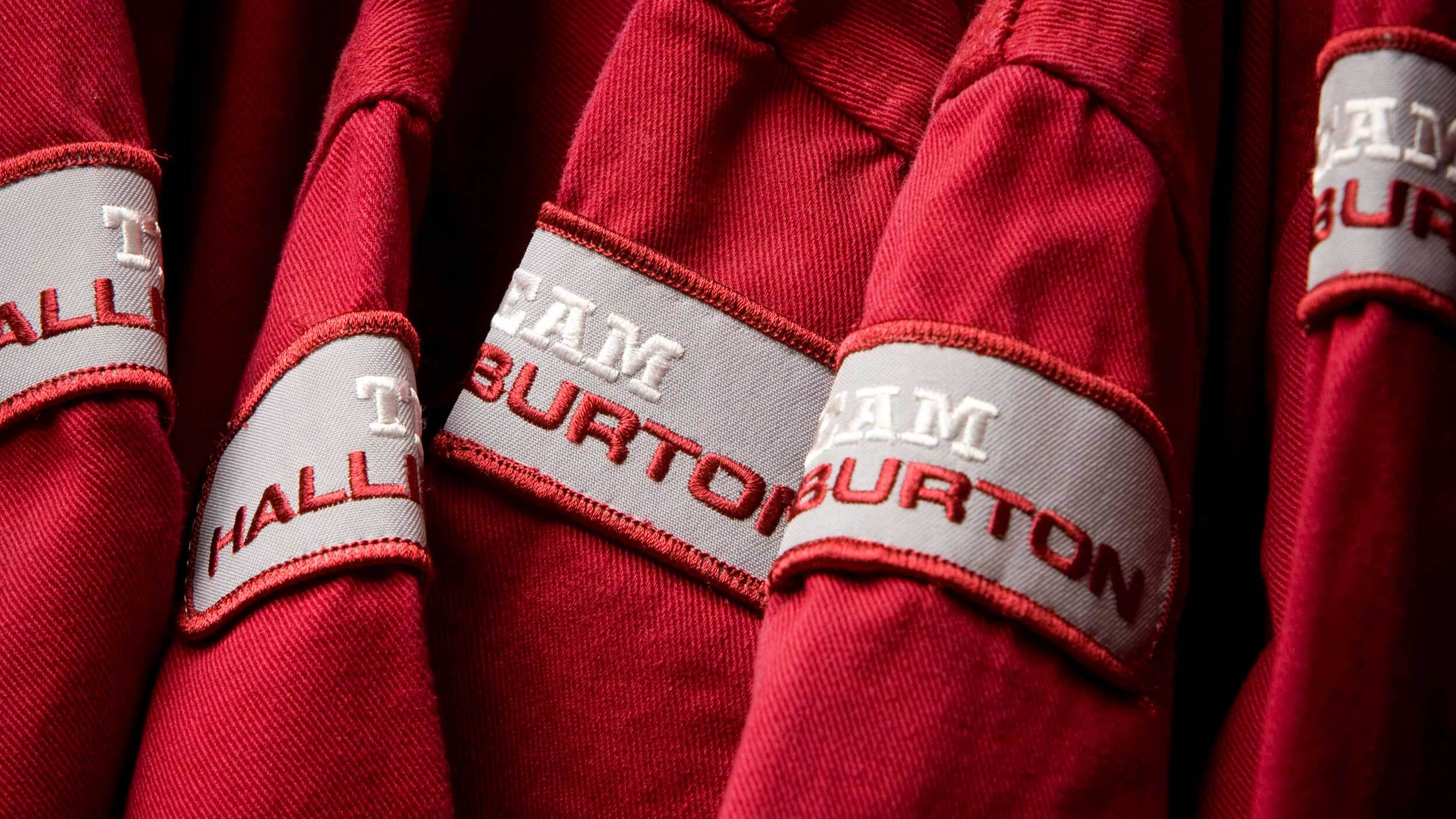 Search
Search
 Search
Search

Managed pressure drilling application enhances wellbore stability, improves pressure management, maintains circulating temperature, and improves hole cleaning
Download PDFMature fields

Extreme downhole conditions in one of UAE's deepest exploration wells

United Arab Emirates (UAE)

Exploration wells are drilled to discover and evaluate new hydrocarbon reservoirs in unexplored areas. These wells play a critical role in the growth and sustainability of oil and gas companies. Continuous effort and investment in addition to potential reserves are essential to these companies' profitability and operational success.
Operators face significant challenges when drilling exploration wells. Drilling sometimes involves reserve areas that were previously inaccessible or not viable to reach with existing technology.
That was the case for an exploration well in the United Arab Emirates (UAE) that aimed to reach the deepest exploration target in the region — the Khuff Formation.
The well faced multiple challenges, such as bottom-hole pressure uncertainties and subsurface temperatures that exceeded 400°F. Timeline delays also challenged the project. Plans were developed in 2019, but the project did not become a reality until 2024.
Halliburton’s managed pressure drilling (MPD) team identified the well as an ideal candidate for the deployment of MPD technology in conjunction with the e-cd™ continuous circulation system. The primary objective of the MPD service was to provide early kick and loss detection during drilling and static flow conditions.
The goal was to mitigate influxes and mud losses and address hydrogen sulfide (H2S) and high-pressure/high-temperature (HP/HT) conditions. In addition, the MPD system aimed to prevent wellbore instability throughout the 8½-in. section with the application of constant bottom hole pressure (CBHP) as required. Halliburton safely circulated and flared gas with a mud gas separator and flare stack.
The application of this technology was driven by uncertainties in formation pressure and common challenges associated with unconventional wells related to drilling and geomechanics.
The e-cd™ system enabled continuous circulation. It helped maintain an uninterrupted flow of drilling fluid through the drill string during connections while drilling and tripping out of the hole. The system’s primary purpose was to reduce the circulating bottom hole temperature, eliminate any thermal shock, and extend the life of the bottom hole assemblies (BHAs). Additional benefits included enhanced hole cleaning and solids transport, reduced solids loading during pump shutdowns, and minimized risk of stuck pipe and packoff incidents.
Successful connections during drilling and tripping
at 19,300 feet (static temperature > 450°F)
Average bearing lifespan
The combination of the e-cd™ system and MPD enabled the operator to drill to the planned depth, gather the necessary data in an extreme environment, and eliminate the need for an additional liner. Although this was the first time for the operator to use the e-cd™ system, the two technologies worked to perform 235 successful connections during drilling and tripping. The technologies enabled the operator to maintain the circulating temperature of 260°F at 19,300 ft (static temperature > 450°F). MPD also delivered reliable performance while crossing pressurized zones, with an average bearing lifespan of 132 hours.
